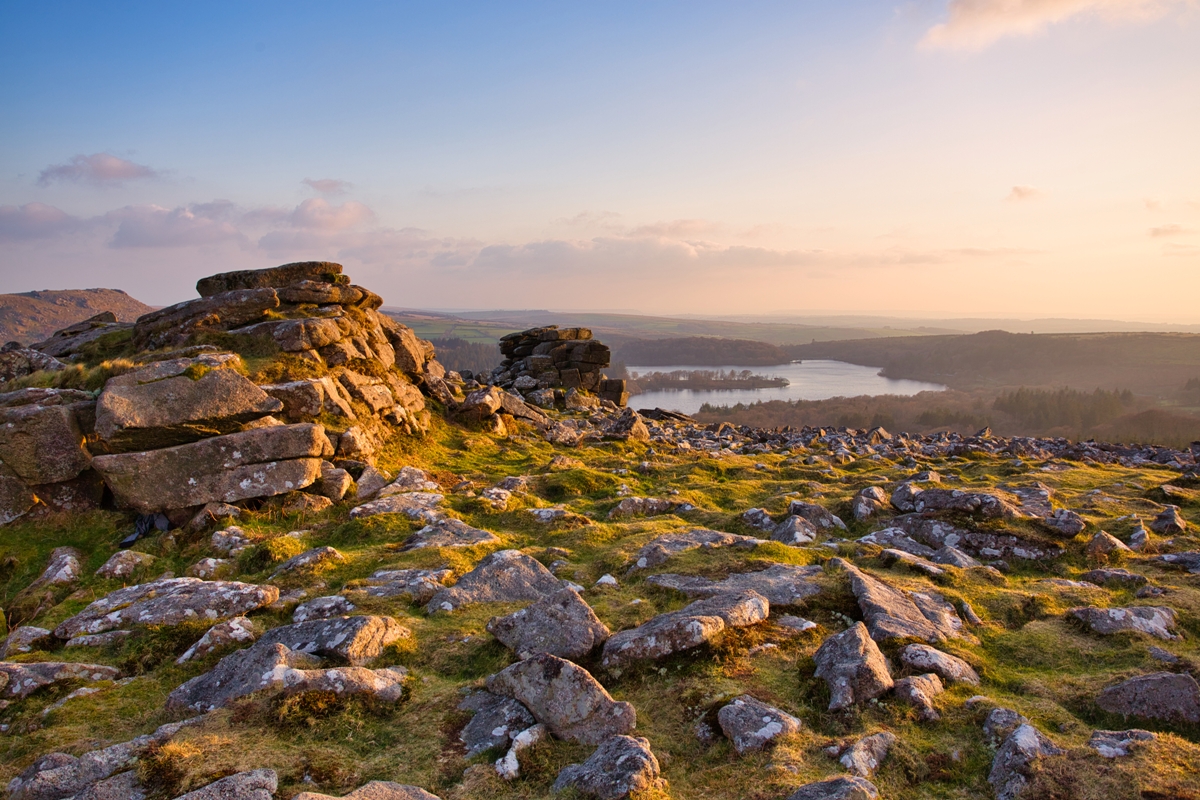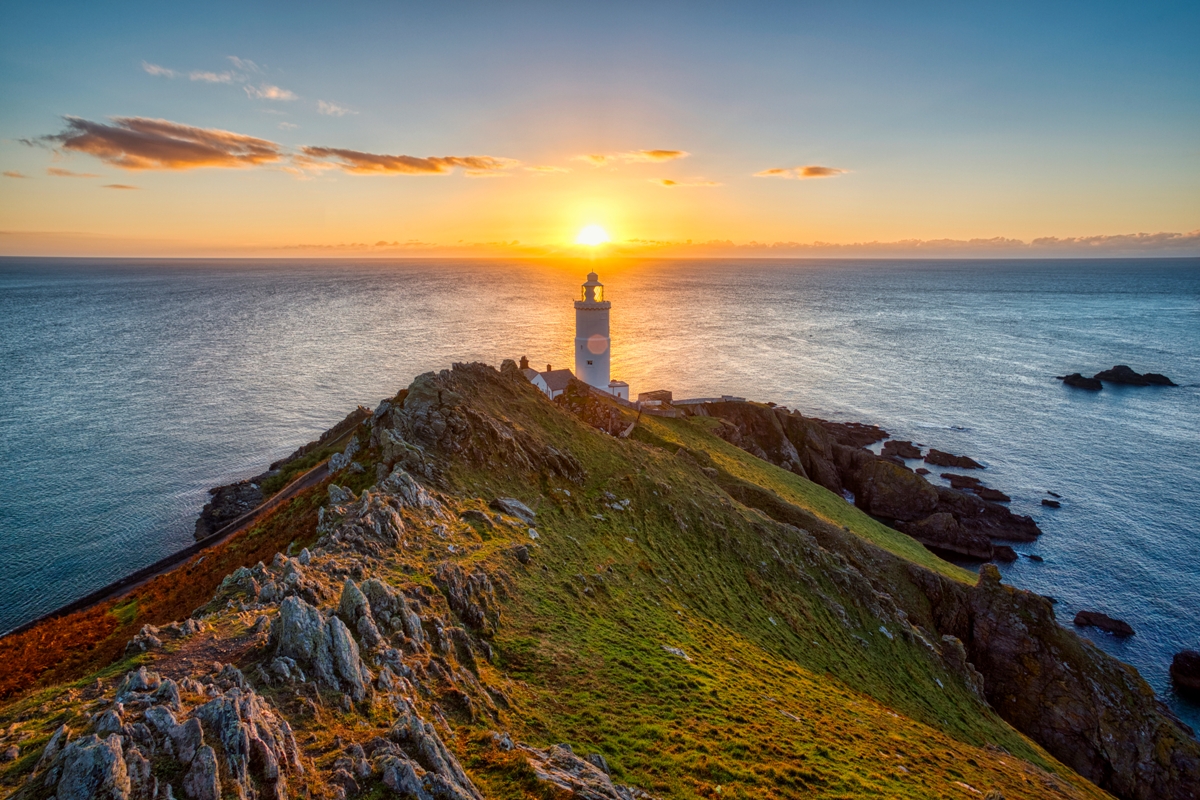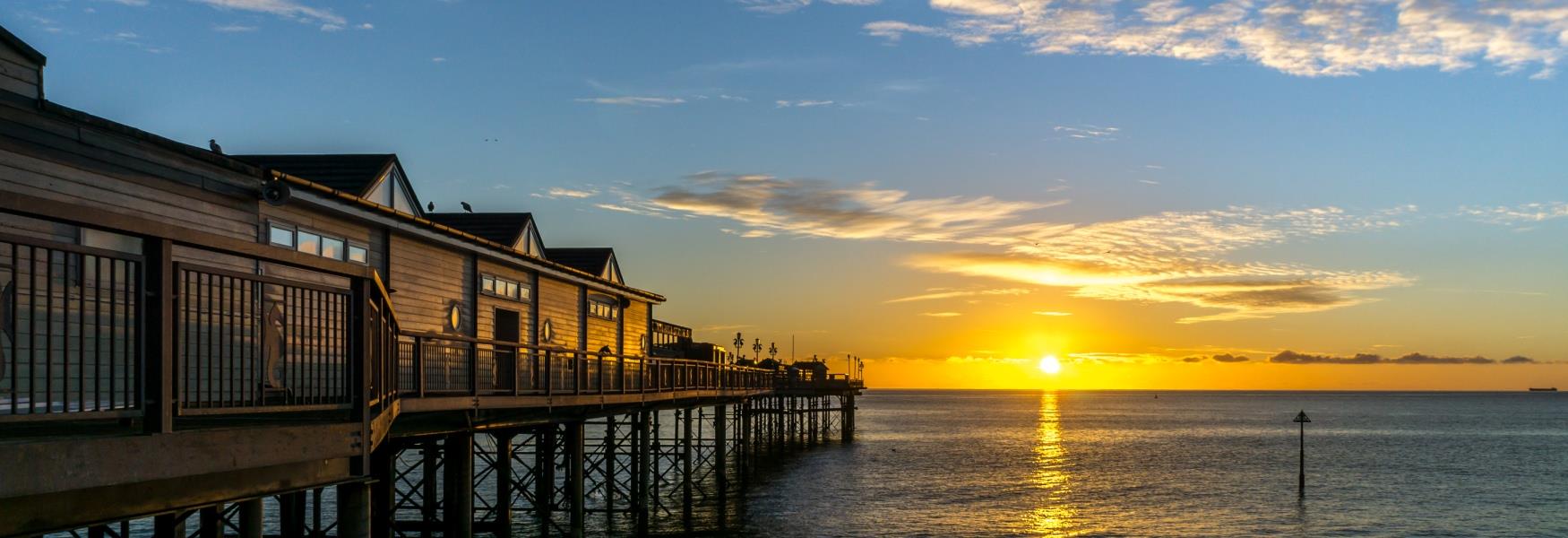 Leather Tor
Leather Tor
Please note: Due to the current national lockdown in England, all blog posts are here purely for you to enjoy whilst staying safe at home. Please abide by current restrictions and just enjoy some inspiration for now. We can't wait to welcome you back to the region when it is safe to do so.
Guest Blog Post - Robert Davey, Runner up in our 2019 South Devon Photo Competition
I have lived in Devon my whole life, but it was only when I took an interest in photography that I began to appreciate how truly beautiful this part of the country is. From scenic coastlines to misty moorlands, there are so many amazing places to visit, making Devon a photographer’s dream destination!
I began taking photographs when I was 23, buying my first camera whilst in University. It took me a long time to grasp the basics, but I was keen to take my DSLR out of the ‘Automatic mode’ and start learning how to take great landscape images that captured the beauty of my surroundings. I lived in the city of Plymouth at the time, but I was frequently driving further afield to find interesting places to explore. My go-to place was always (and still is) Dartmoor National Park. The photographic opportunities up there are just endless, with the vast open space and rock formations offering up a whole range of compositions, whatever the weather.
I now live on the outskirts of Dartmoor and so the area very much remains one of my top photography destinations in Devon, but I also have a love for capturing water. For me, what makes an interesting photograph is drawing a sense of calm into any surrounding, creating an image that you can sit back and look at, just admiring the area. Luckily, there are so many places to do that in Devon. One of my favourite spots is Start Point (as shown in the image). A few months ago I ventured down there to watch the sunrise. It wasn't the most captivating of sun rises you’re likely to see, but the area has such a sense of peace to it at that time of day, with just the sound of the waves for company. It also offers an interesting image subject (which is a vital factor in landscape photography) in the form of the Lighthouse. Sitting on a cluster of rocks and looking out to sea, I patiently waited for the sun to rise above the horizon and start to kiss the lighthouse with its warm glow. I was really pleased with how the image came out, with the sun sitting right on top of the lighthouse, almost like a candle.
 Start Point
Start Point
There are so many other areas of Devon that I love to visit, and I’m always looking for new places to add to the list. We are very blessed to live in a region of such outstanding natural beauty, that discovering new places to capture is never more than a few miles away!
Looking at starting photography as a hobby? My advice:
Some photographers just have a good eye for unique compositions. If, like me, you want to enjoy photography but feel that you sometimes lack that keen eye, then my suggestion would be to just keep it simple. Use local guides (such as the South Devon Visitor Guide 2021) to find a place that does all the hard work for you, then get out there and just start shooting. Put the camera in Manual Mode and start playing with the settings. The best way to learn about photography is by getting out there and practising.
Kit Tips:
Lens
If you enjoy landscape photography, then you’ll want a wide angle lens that allows you to get as much scenery as possible into the frame. Depending on budget, there are so many choices out there, but I would recommend spending that little bit extra and getting one made with your chosen brand’s top end optics (Such as the Canon L-series lenses). This is a lens you’re likely to use more than any other, so it’s worth the extra investment.
Tripod
Using a tripod can help you slow down the image taking process and concentrate on what you’re trying to capture. It will also allow you to physically take longer exposures, which will aid in creating different types of mood in your photos, such as a long streak of grey cloud, or the smoothing of a water stream. Be sure to invest in a lightweight tripod for ease of transportation.
Filters
Along with a tripod, filters are essential for creating atmospheric, slow moving images. Start with getting a Polarizer (often called a CPL). A Polarizer can help to filter out reflections and glare coming off particularly bright surfaces - especially useful when shooting in sunny conditions. They work in the same way that polarised sunglasses work for your eyes and help to balance the contrast of the bright sky against the more shaded landscape areas.
Related
Comments
Comments are disabled for this post.



 to add an item to your Itinerary basket.
to add an item to your Itinerary basket.









